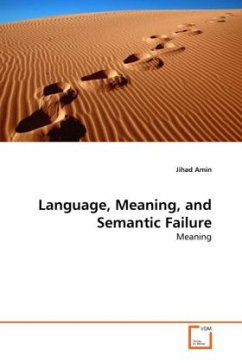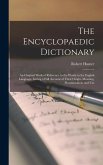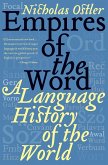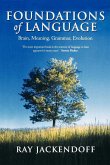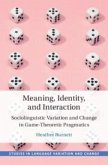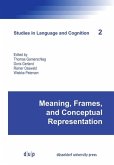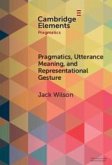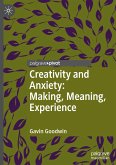This paper/monologue aims at probing into the pragmatic inherent nature of language, in general, and the notion of meaning, in particular. It provides a detailed account of several traditional and modern approaches to meaning, arguing for the pragmatic orientation and against the semantic one.In addition, such notions as ambiguity, truth, classical semantic approaches, pragmatic approaches to meaning, criticism of the truth-conditional semantic accounts of meaning, and many other issues have been dealt with. This paper is assigned to shedding critical illuminations on the aforementioned issues, and the mentality with which they are approached is a pragmatic one. In sum, it identifies, while investigating the details of some classical accounts of formal semantics and traditional approaches to meaning, a characterization of the deficiency, or at least the insufficiency, of semantic theories in providing an adequate comprehensive study of meaning. Evidences are given of the claim that almost all linguistic features that are tackled within the domain of semantics are intrinsically pragmatic in nature.
Bitte wählen Sie Ihr Anliegen aus.
Rechnungen
Retourenschein anfordern
Bestellstatus
Storno

